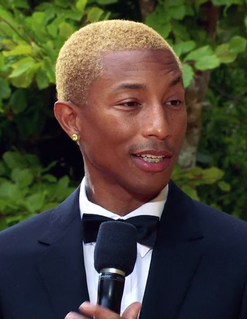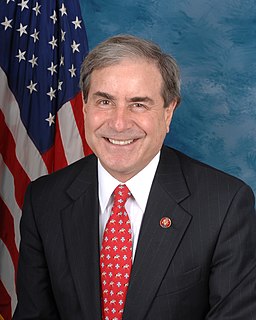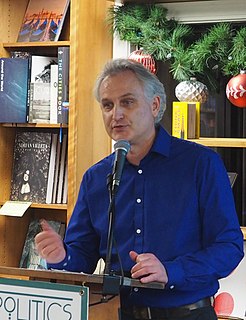A Quote by Saul Bass
Trademarks are usually metaphors of one kind or another. And are, in a certain sense, thinking made visible.
Related Quotes
Poetry begins in trivial metaphors, pretty metaphors, "grace" metaphors, and goes on to the profoundest thinking that we have. Poetry provides the one permissible way of saying one thing and meaning another. People say, "Why don’t you say what you mean?" We never do that, do we, being all of us too much poets. We like to talk in parables and in hints and in indirections - whether from diffidence or some other instinct.
From the ethical point of view, no one can escape responsibility with the excuse that he is only an individual, on whom the fate of the world does not depend. Not only can this not be known objectively for certain, because it is always possible that it will depend precisely on the individual, but this kind of thinking is also made impossible by the very essence of ethics, by conscience and the sense of responsibility.
There is a certain kind of peace that is not merely the absence of war. It is larger than that. The peace I am thinking of is not at the mercy of history's rule, nor is it a passive surrender to the status quo. The peace I am thinking of is the dance of an open mind when it engages another equally open one -- an activity that occurs most naturally, most often in the reading/writing world we live in. Accessible as it is, this particular kind of peace warrants vigilance.
The only thing I heard Speaker [Paul] Ryan say that made sense was, we actually really need to look at this and see what makes sense and what doesn`t, because electronic detection in those kind of - and drones and other types of border protecting devices seem to be much more effective in certain places.







































